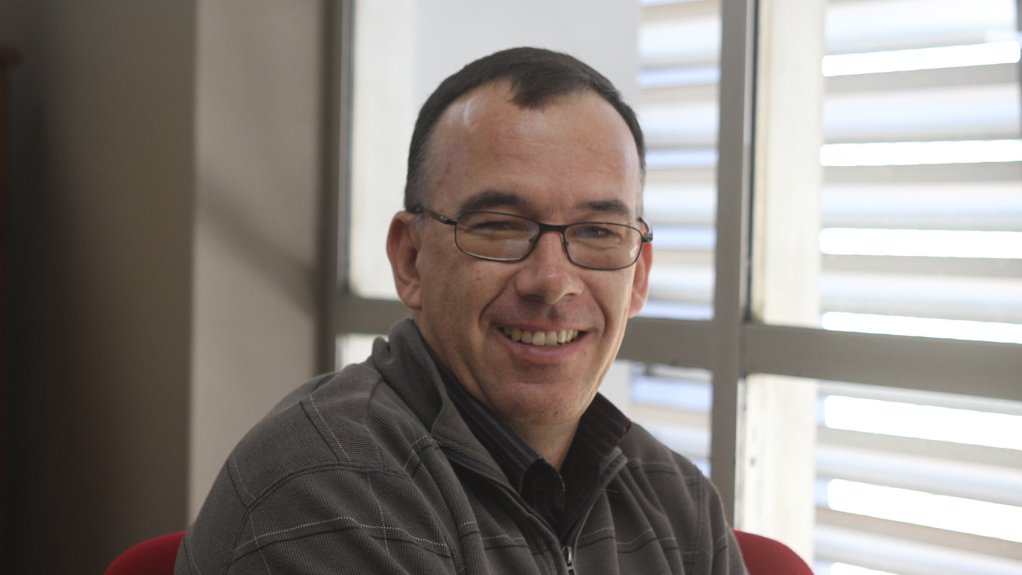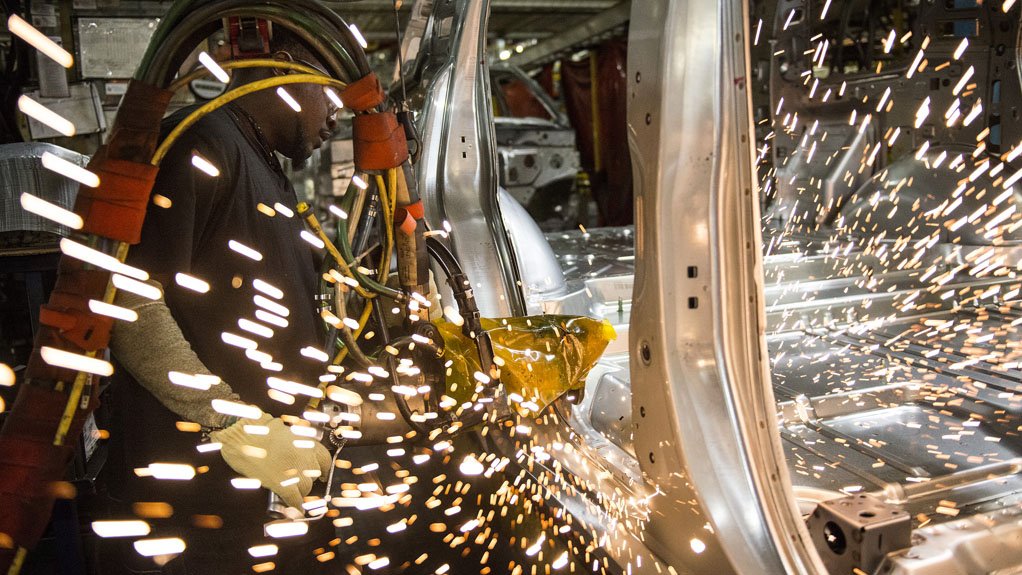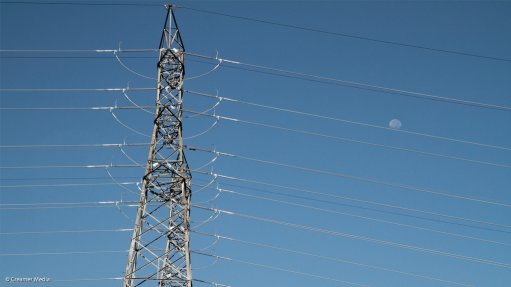Aligning welding training with international standards



SEAN BLAKE The implementation of international welding standards is key for the South African industry
AUTOMOTIVE WELDING The SAIW is developing a robotic welding course predominantly focused on servicing the automotive industry
Welding industry association Southern African Institute of Welding (SAIW) is working with government organisations, such as the South African Qualifications Authority and the Quality Council for Trades and Occupations, to further develop its courses so that they are aligned with local requirements and international standards.
“We aim to be a dynamic institute that can change with the times, and we are implementing changes to our courses . . . to remain relevant to the South African industry and offer an enhanced service,” says SAIW executive director Sean Blake.
He notes that the South African fabrication industry is facing a very challenging situation, as it is a very project-orientated field, with projects currently being few and far between. He notes that power generation projects that have dominated activity in the industry are nearing the end of their fabrication cycles, further adding that “many projects that were planned in the petrochemicals sector have been cancelled or put on hold, as a result of the depressed oil price, and the global commodities downturn has limited activity in the mining industry”.
Blake highlights, however, that there has been some activity in the renewable-energy generation sector, and other projects are taking place in, for example, the Democratic Republic of Congo, Zambia and Uganda. There has also been activity in the railway sector, most notably public transport solutions provider Passenger Rail Agency of South Africa’s fleet renewal programme and State-owned freight utility Transnet’s recapitalisation of its locomotive fleet.
There has also been much discussion pertaining to the undertaking of large-scale government-driven nuclear projects in South Africa, which would greatly benefit the fabrication industry; however, there is a lot of uncertainty regarding when, in what form, and under whose mandate they will materialise, he elaborates.
Blake believes that the systematic implementation of quality standards in the training of artisans and inspectors for the welding industry is key to ensuring that the South African fabrication industry is prepared to take advantage when local and international projects arise.
SAIW is a founding member of the International Institute of Welding (IIW), and offers courses for the training of welders, welding inspectors, pressure equipment inspectors and nondestructive testing technicians.
Many of these courses are partly aligned with the IIW’s syllabus; however, the SAIW aims to further develop courses so that they will be internationally recognised. The institute is also developing a robotic welding course, focused to a large extent on servicing the automotive industry. It is also promoting newly developed engineering short courses, such as failure analysis and metallurgy courses, to higher-end engineering personnel in the industry.
“We are primarily interested in ensuring that welds are safe and welding is used appropriately in applications. Most of the welding standards that we are implementing in South Africa are adopted from European and American standards, and based on those used by the American Welding Society, the American Society of Mechanical Engineers and the American Petroleum Institute,” says Blake.
The institute also aims to expand its reach beyond South Africa, and is involved in a number of initiatives for providing quality welding training in, for example, Mozambique, Botswana, Nigeria, Angola, Ghana and Kenya. “One of our key strategies going forward is to facilitate the growth of the African welding market, and to drive an African agenda,” says Blake.
Moreover, in 2014, the institute established the SAIW Foundation, which began training five school-leavers from Mpumalanga on the International Welder programme last year. The learners have completed the training component of their course and are gaining work experience at a power station. The institute hopes to partner with companies in the industry to continue this initiative and increase the number of learners who are trained on a yearly basis.
“There’s a limited amount that SAIW can do on its own, and more industry involvement is required for the initiative to be a success. These five learners, however, stand as an example to industry of a means by which well-trained artisans can be fostered, and this is a dire need in South Africa,” concludes Blake.
Article Enquiry
Email Article
Save Article
Feedback
To advertise email advertising@creamermedia.co.za or click here
Press Office
Announcements
What's On
Subscribe to improve your user experience...
Option 1 (equivalent of R125 a month):
Receive a weekly copy of Creamer Media's Engineering News & Mining Weekly magazine
(print copy for those in South Africa and e-magazine for those outside of South Africa)
Receive daily email newsletters
Access to full search results
Access archive of magazine back copies
Access to Projects in Progress
Access to ONE Research Report of your choice in PDF format
Option 2 (equivalent of R375 a month):
All benefits from Option 1
PLUS
Access to Creamer Media's Research Channel Africa for ALL Research Reports, in PDF format, on various industrial and mining sectors
including Electricity; Water; Energy Transition; Hydrogen; Roads, Rail and Ports; Coal; Gold; Platinum; Battery Metals; etc.
Already a subscriber?
Forgotten your password?
Receive weekly copy of Creamer Media's Engineering News & Mining Weekly magazine (print copy for those in South Africa and e-magazine for those outside of South Africa)
➕
Recieve daily email newsletters
➕
Access to full search results
➕
Access archive of magazine back copies
➕
Access to Projects in Progress
➕
Access to ONE Research Report of your choice in PDF format
RESEARCH CHANNEL AFRICA
R4500 (equivalent of R375 a month)
SUBSCRIBEAll benefits from Option 1
➕
Access to Creamer Media's Research Channel Africa for ALL Research Reports on various industrial and mining sectors, in PDF format, including on:
Electricity
➕
Water
➕
Energy Transition
➕
Hydrogen
➕
Roads, Rail and Ports
➕
Coal
➕
Gold
➕
Platinum
➕
Battery Metals
➕
etc.
Receive all benefits from Option 1 or Option 2 delivered to numerous people at your company
➕
Multiple User names and Passwords for simultaneous log-ins
➕
Intranet integration access to all in your organisation



















